7 Ways To Prevent Shift Work Disorder
Night shift work can be one of the toughest lifestyle challenges to adapt too. Although from a health perspective, nightshift work from our nurses, ER doctors, paramedics, air traffic controllers, security guards, etc. isn’t ideal, these positions serve an important role in the functionality of our society.
I would advise anyone to steer clear of this type of lifestyle from a health standpoint but understanding that this isn’t always possible, I’ve put together a series of strategies that I think may help limit the negative health consequences of night shift work. Here are my top 7 tips to prevent shift work disorder.
What are the Consequences?
Shift-work just isn’t natural. Humans operate on a circadian rhythm that responds in correlation with the rising and setting of the sun. It is not surprising that consistently working the night shift has many health consequences, including increased risk of diabetes and mood disorders (1).
If you are a nightshift worker, there are logical ways to strengthen your body and decrease your chances of suffering from the consequences of night shift work.
1. Regulate Your Circadian Rhythm
Shift work is obviously incongruent with the natural sleep-wake patterns ingrained within human biology. If we want to at least get the most out of the night-shift schedule, it is important to re-train your circadian rhythm.
For many night-shift professions, this is not a new concept. I remember nursing friends who would stay up for extended amounts of time so that they could get tired enough to sleep during the day. This is a common practice, but there are other ways to train your body to a new sleep schedule. This is one of the first strategies I would recommend. The following are some ways to retrain your circadian rhythm.
Light
The most fundamental regulatory signal for the circadian rhythm is light. When the sun comes up, our bodies produce cortisol to increase blood sugar and wake us up. The absence of light, on the other hand, stimulates the release of melatonin to induce sleep.
Shift workers obviously are acting opposite to these biological signals. Fortunately, there are ways that artificial lighting can be used to stimulate these same processes. UVB Spectrum or Full Spectrum lighting can be used to stimulate the waking response. Simply expose yourself to these types of light for around 10 minutes after waking up. Make sure to use proper eye protection for UVB exposure.
Before going to sleep you also want to simulate nighttime to prompt your body for sleep. For 1-2 hours leading up to bedtime, stay away from any bright light (especially blue light from screens). You may also find it helpful to use blue-light blocking glasses.
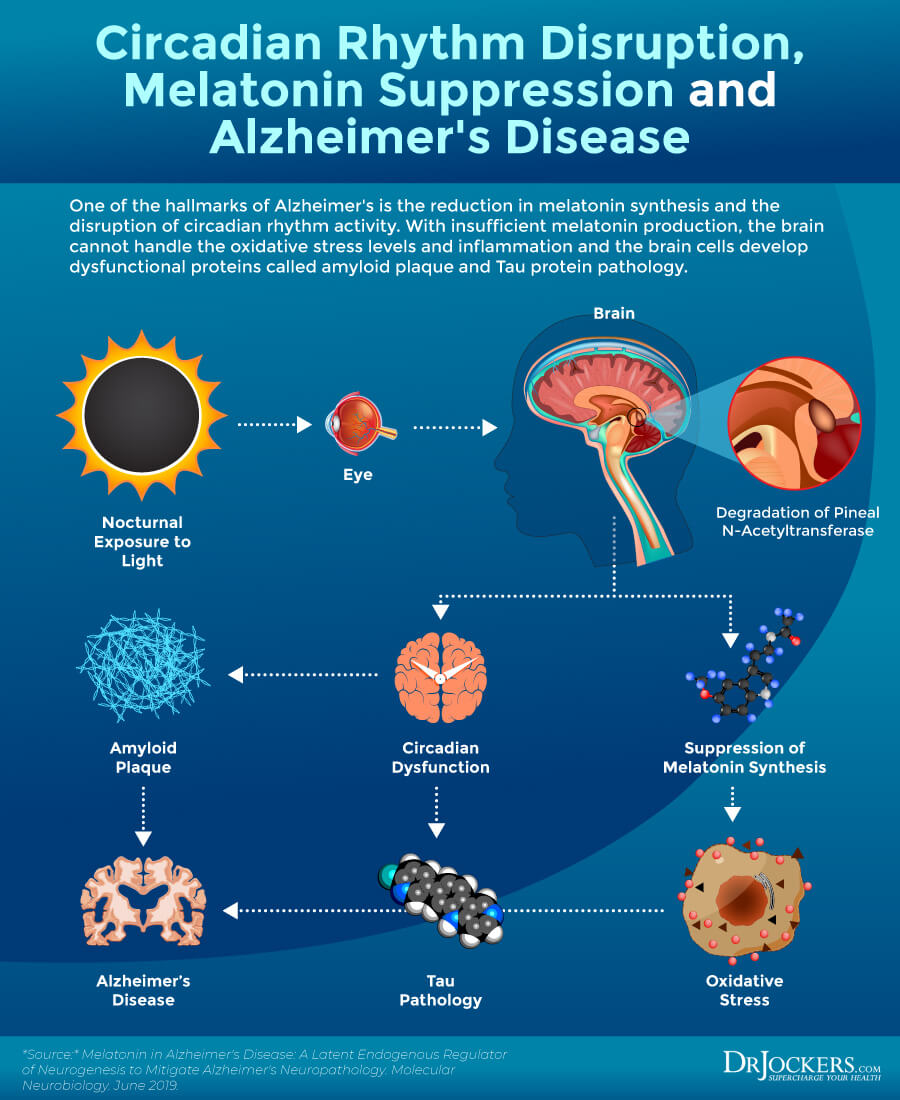
Sleep Schedule
Another great way to regulate your circadian rhythm is to have a solid sleep schedule that your body will adapt to over time. Some night-shift jobs have rotational shifts (like nursing) and having a consistent sleep schedule just isn’t realistic.
If possible, instead of a rapidly changing schedule that shifts throughout the week, try to position yourself to have a consistent night-shift schedule that your body can adjust and get settled into for longer amounts of time. In addition to avoiding artificial lighting before bedtime, adhering to a consistent “night-time” routine may be helpful.
Melatonin
Although I wouldn’t recommend it for long-term use. A melatonin supplement can be used to quickly retrain the circadian rhythm. Simply use a high-quality melatonin supplement 30 minutes to an hour before your intended bedtime to retrain your sleep cycles.
One of my favorite forms of melatonin is this magnesium lotion with melatonin. It is made for topical application (meaning you apply it to the skin) and I get great feedback about it. Simply apply one pump rubbed over the abdomen about 30 minutes before bed.
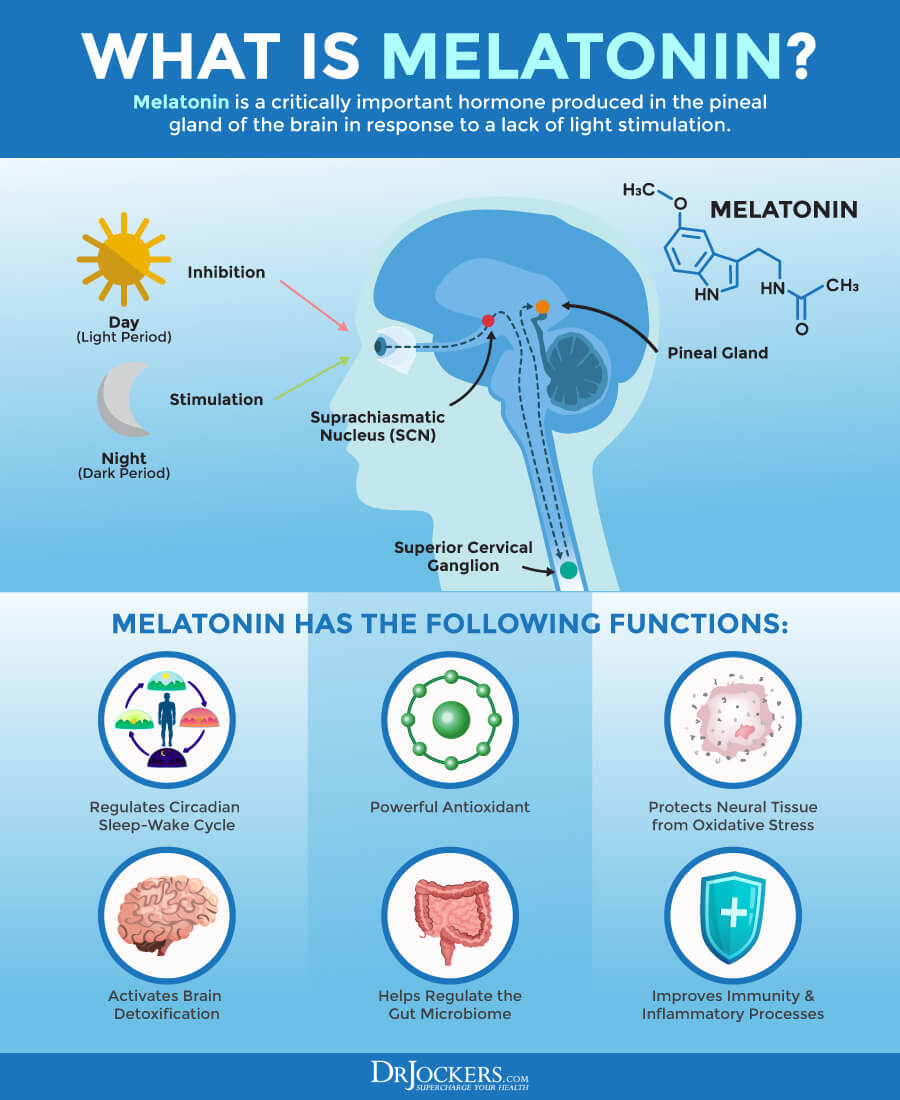
Avoid Artificial Lighting
Most artificial lighting is far different from natural sunlight. Blue light especially has been linked to damaged retinal structures, mood disorders, and metabolism issues (2, 3).
It is usually not realistic to avoid all artificial lighting, especially as a night-shift worker, but wearing blue-light blocking glasses may help protect from some of these effects.
2. Optimize Your Sleep
For the sleep you do get, you want it to be as restorative and rejuvenating as possible. I think getting consistent, high-quality sleep will likely protect you from many of the adverse effects of night-shift work.
I would recommend following as many of the strategies in this article as reasonably possible. Especially since you will be sleeping during the day, it is even more important to make your sleep environment as dark as possible. Using a sleep mask can also be very helpful here.
3. Balance Blood Sugar
One of the biggest concerns I have with shift work is that it has been found to have a pretty negative impact on blood sugar regulation (which may increase your risk of diabetes)(4). I think some of the other negative effects of night-shift work, like hormonal imbalance, could be partially related to blood sugar problems.
By following a diet that improves blood sugar regulation, many night-shift side effects may be improved. Read this article here on strategies to improve blood sugar stability and insulin resistance.
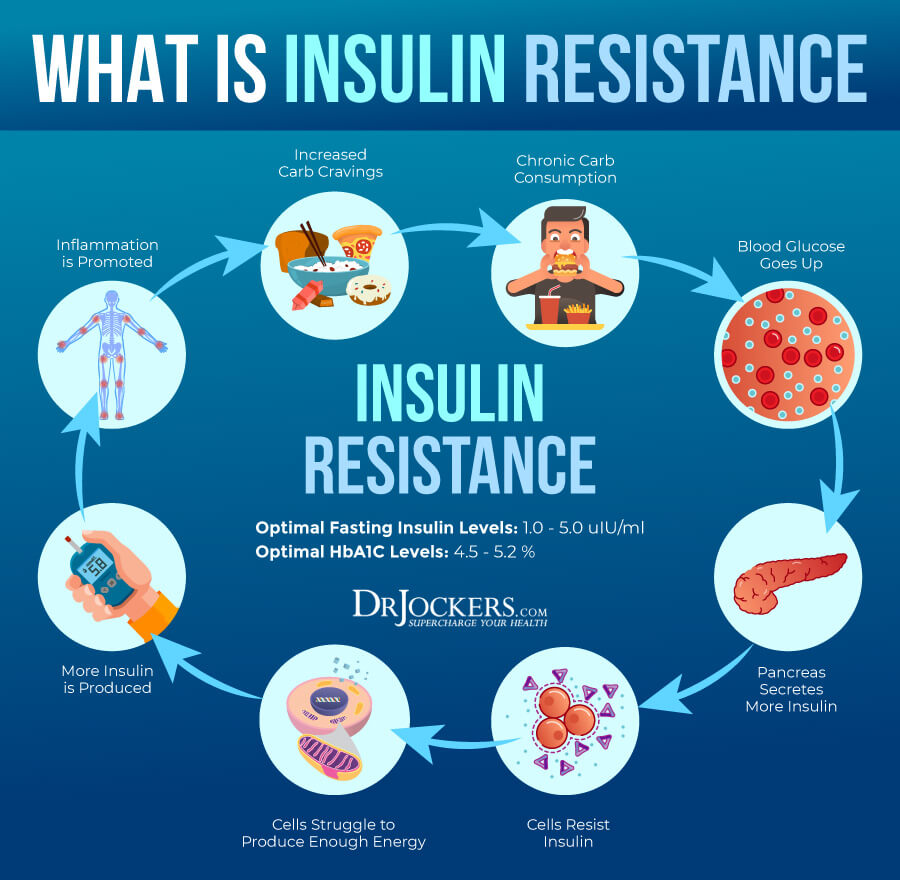
4. Support Your Gut
One of the consequences of shift work is increased risk of gastrointestinal disorders. This is thought to be largely related to the health and diversity of the gut microbiome (5).
Taking steps to heal and protect your gut should be a key part of protecting yourself from night-shift disorders. On top of simple gastrointestinal disorders, there are the extending consequences of an unhealthy microbiome. These include things like decreased mental performance, endocrine disruption, and metabolic disorders.
In addition to a healing diet, I would suggest supplementing with a high-quality probiotic (and fermented foods if tolerated) and following strategies to fortify your gut health. Some of my top strategies can be found here.
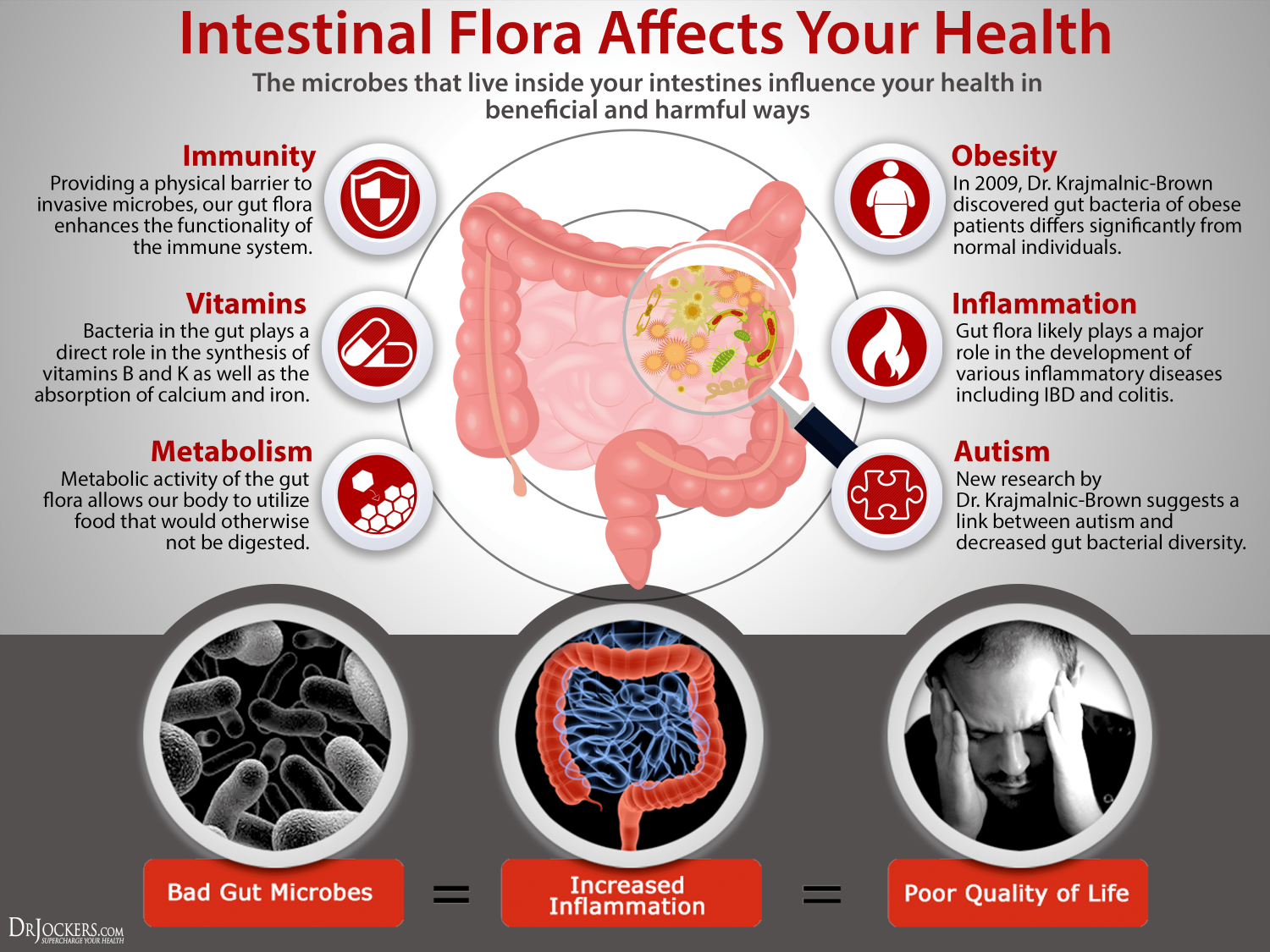
5. Gratitude Practice
One of the big risks with night-shift work is related to emotional problems, namely depression (6). While the other strategies in this article will likely help protect you from this, it may be beneficial to take extra steps to cultivate gratitude and a positive mindset (7).
Take time every day (or night) to focus on being grateful for something, journaling about positive experiences, meditating, or prayer.
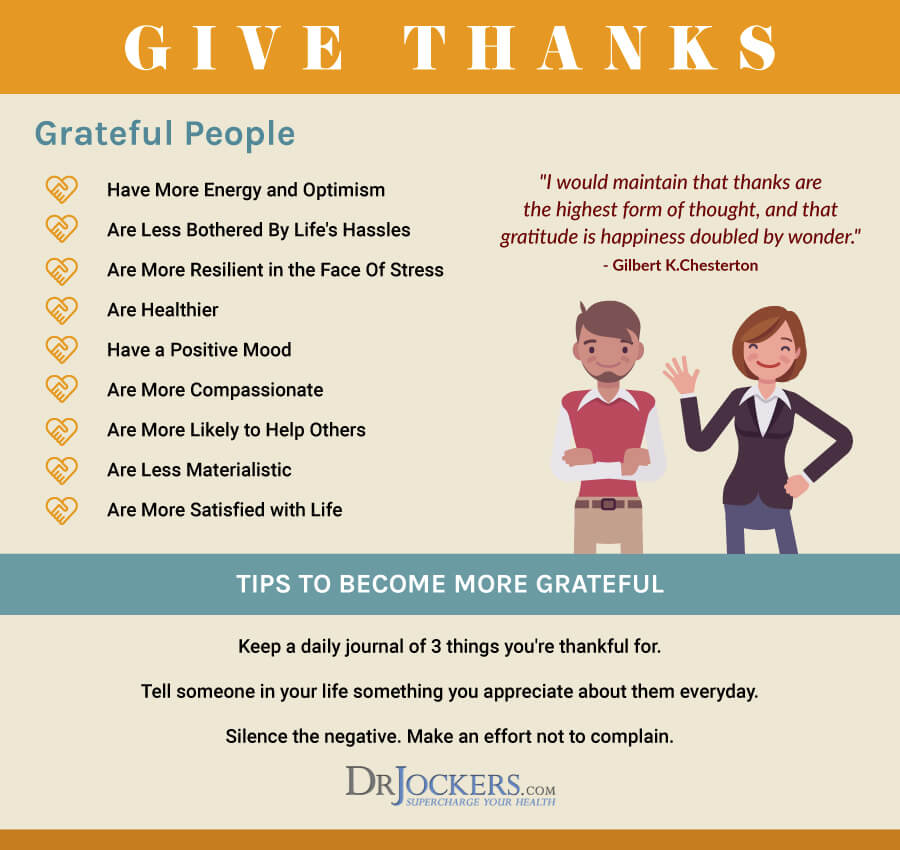
6. Adrenal Support
The adrenals work in line with the circadian rhythm to regulate energy production. Night-shift work has been shown to alter cortisol patterns which may be part of the metabolic and hormone disrupting side effects it provokes.
By taking steps to fortify adrenal function, you may be able to buffer yourself from harmful cortisol dysregulation.
Some Simple tips I recommend starting with are:
- Add ¼ – ½ tsp of pink salt to a glass of water and drink upon waking, this will provide electrolytes and trace minerals that are nourishing to the adrenals.
- Use adaptogenic herbs. You can read about my favorites here.
- Getting barefoot contact with the earth. The benefits of grounding are numerous, one of them being adrenal support by promoting healthier cortisol levels (8).
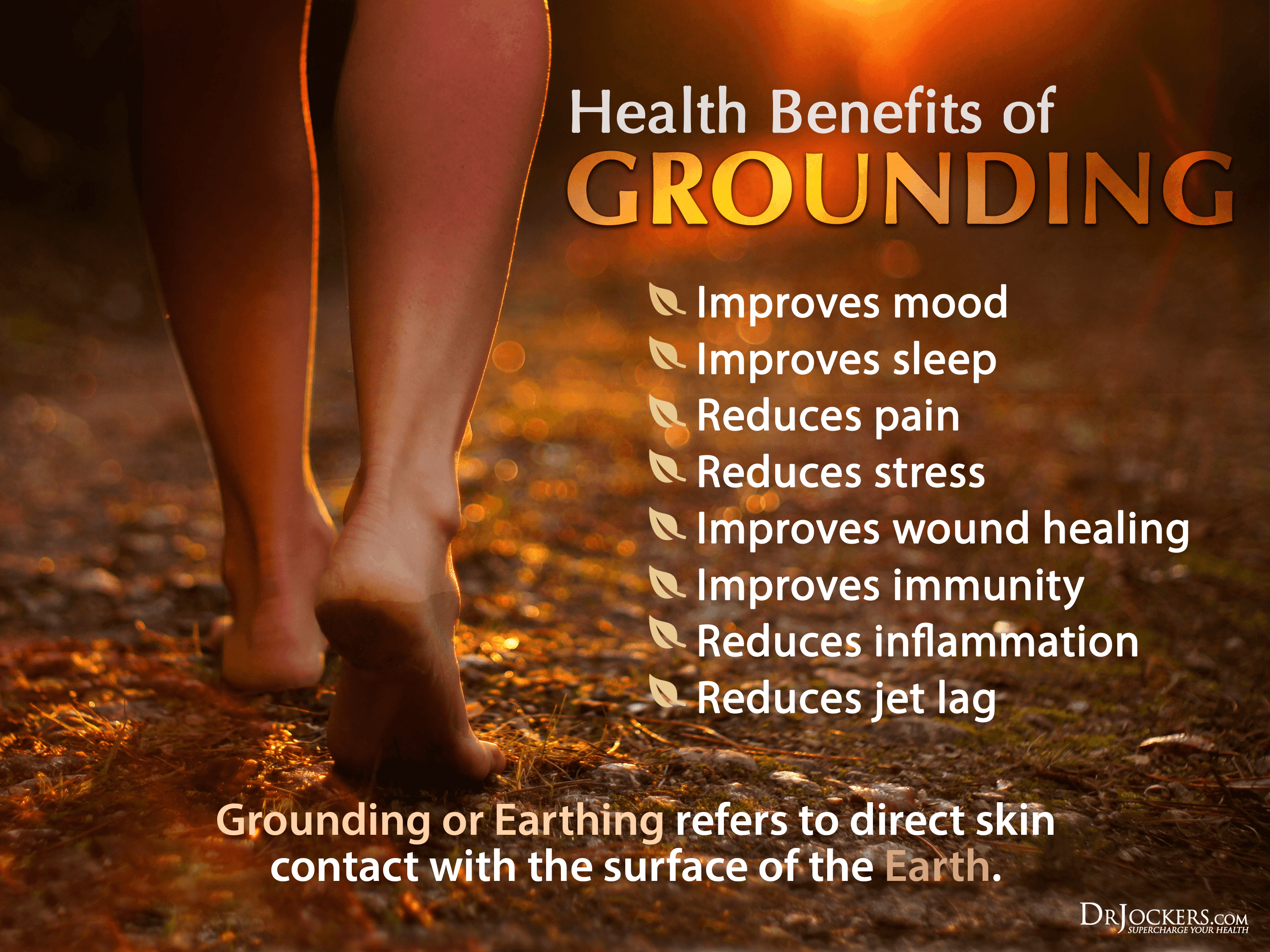
7. Functional Testing
It is one thing to take steps to protect yourself from an unhealthy lifestyle. But to take it a step further, it may be extremely beneficial to perform some functional lab testing with the help of a functional medicine doctor.
I would primarily suggest having your cortisol rhythm, sex hormones, and melatonin measured to ensure these strategies are helping to maintain balance in your circadian rhythm and endocrine systems.
Another helpful strategy would be to use a blood glucose monitor to measure blood sugar and ensure you are regulating it properly. If not then you can take steps to help support healthy blood sugar before it causes more serious problems.
Conclusion
When it comes down to it, shift work is unhealthy but also plays a key role in our society. So first of all, I want to thank our night-shifters for their work. But I also want you to understand that this lifestyle comes at a cost to your health.
You can massively lower the health burden of night-shift work by following the strategies in this article. While research on natural methods to combat shift-work disorder is scarce, the strategies in this article are guided by fundamental health concepts that improve your adaptability as a human.
If you want to work with a functional health coach, I recommend this article with tips on how to find a great coach. We do offer long-distance functional health coaching programs. For further support with your health goals, just reach out and our fantastic coaches are here to support your journey.
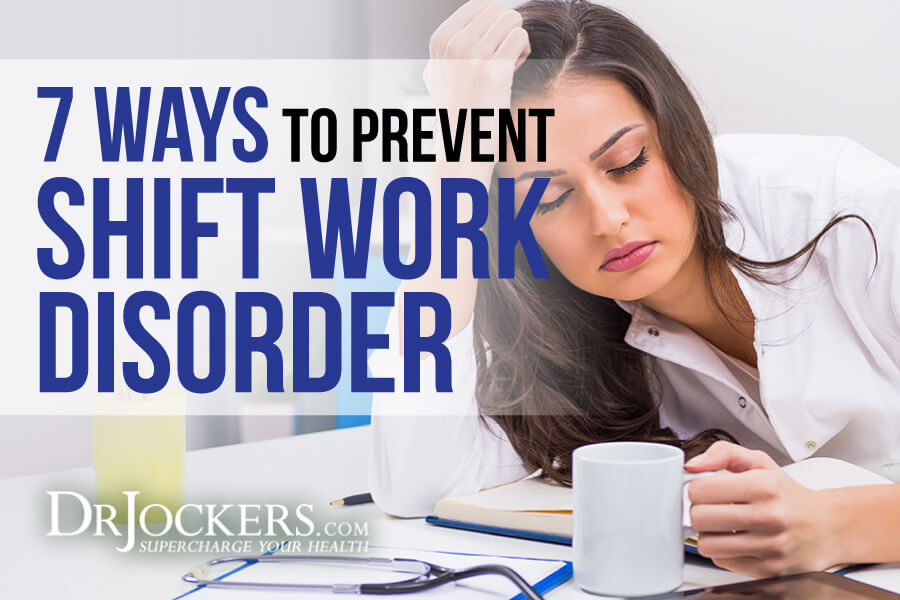
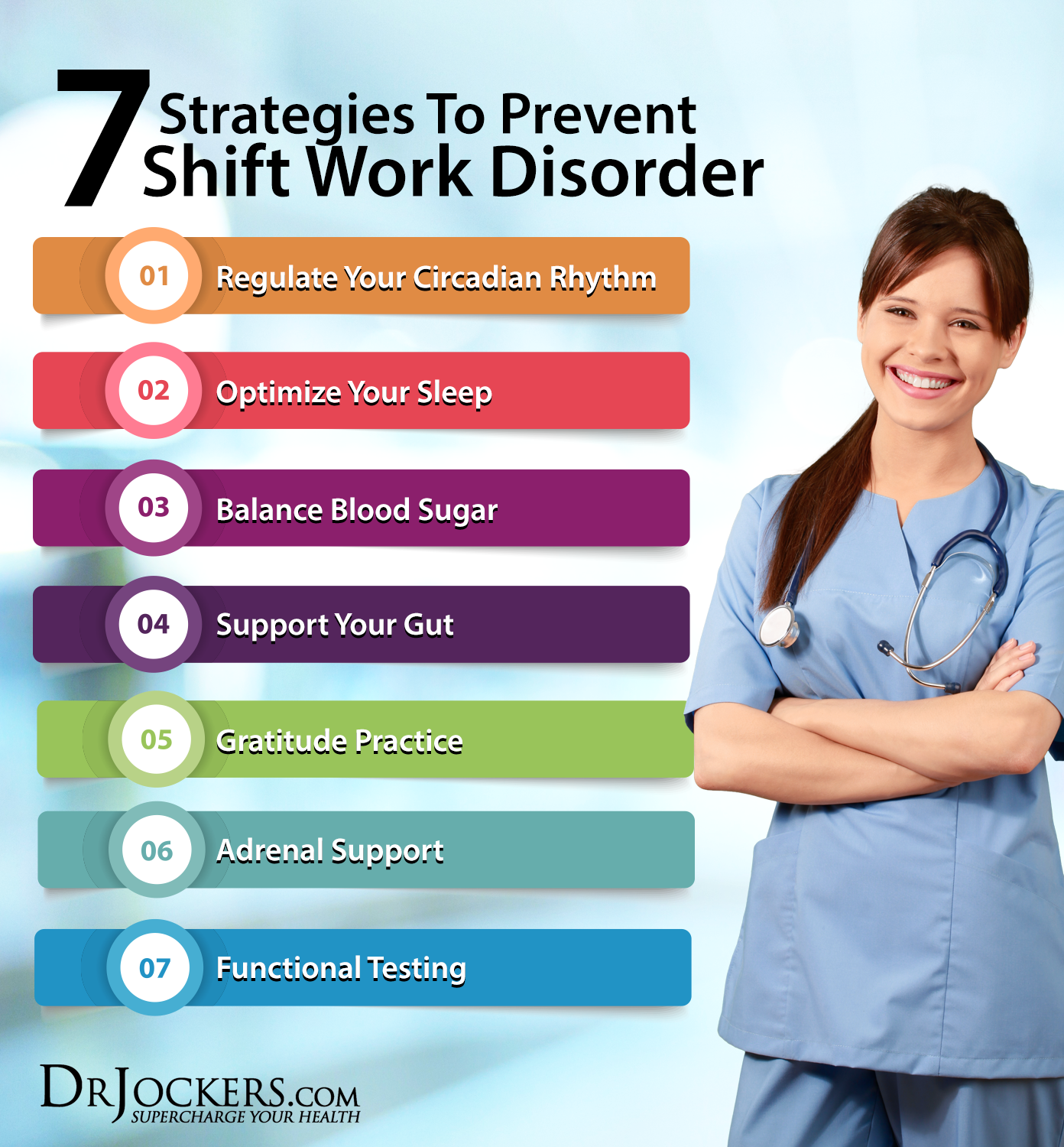
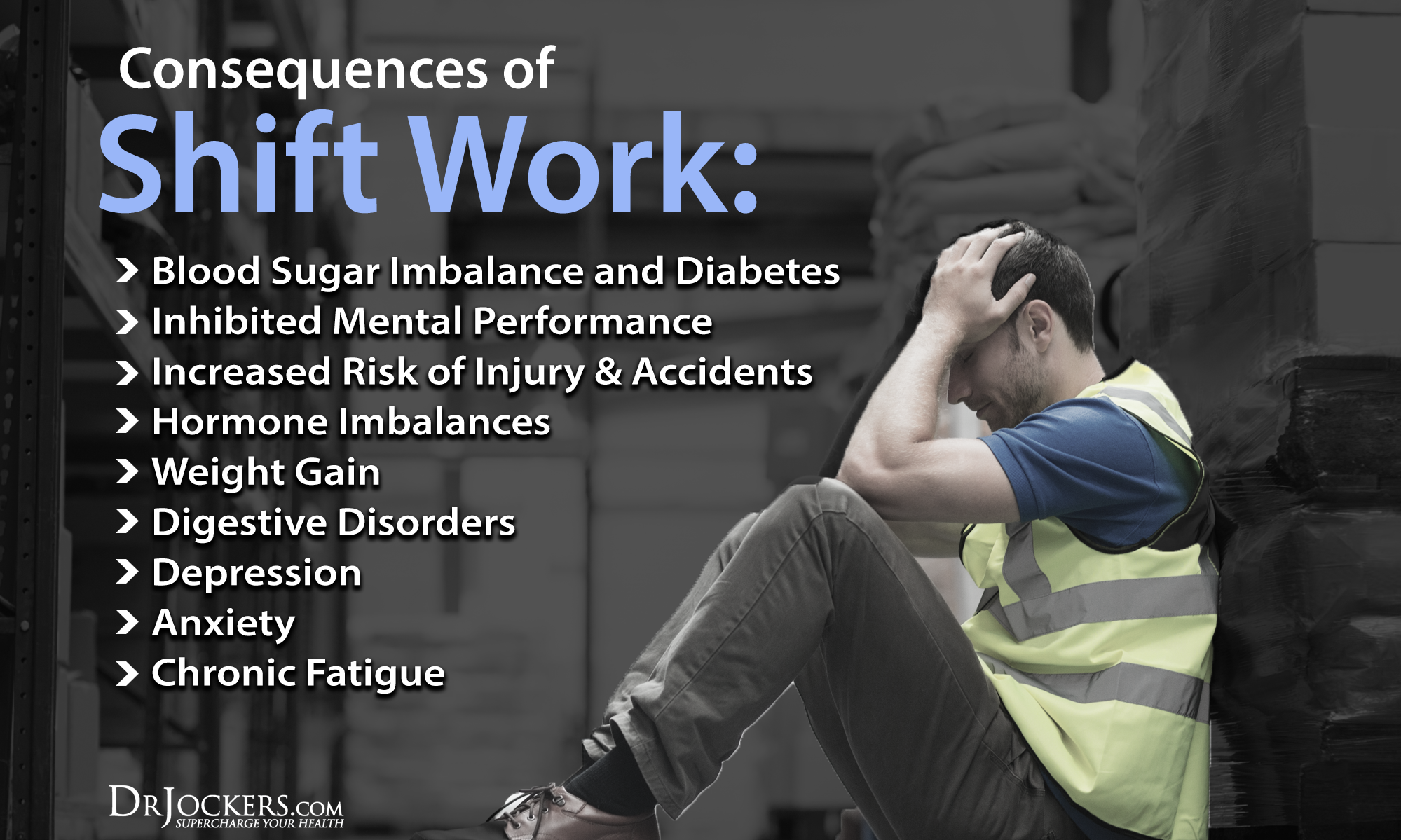
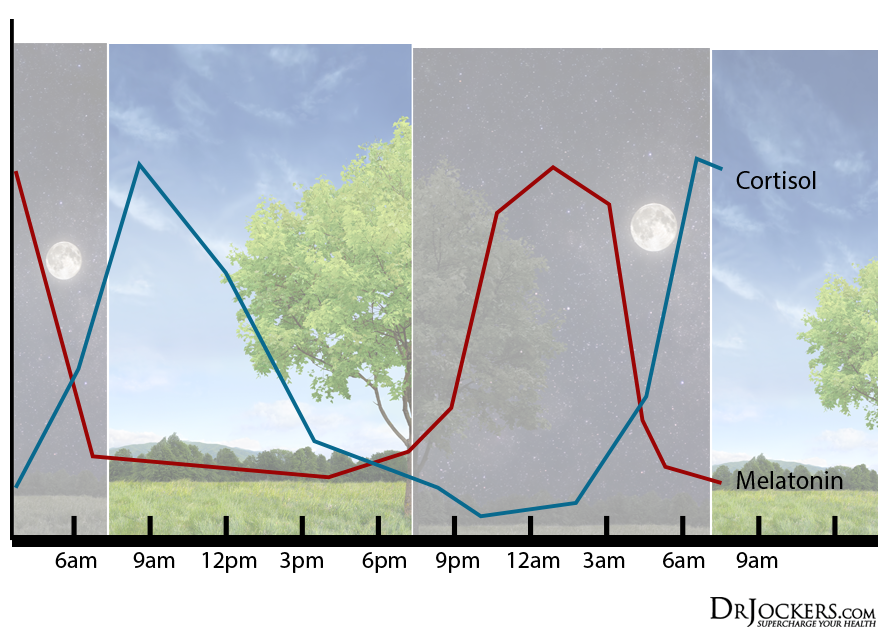
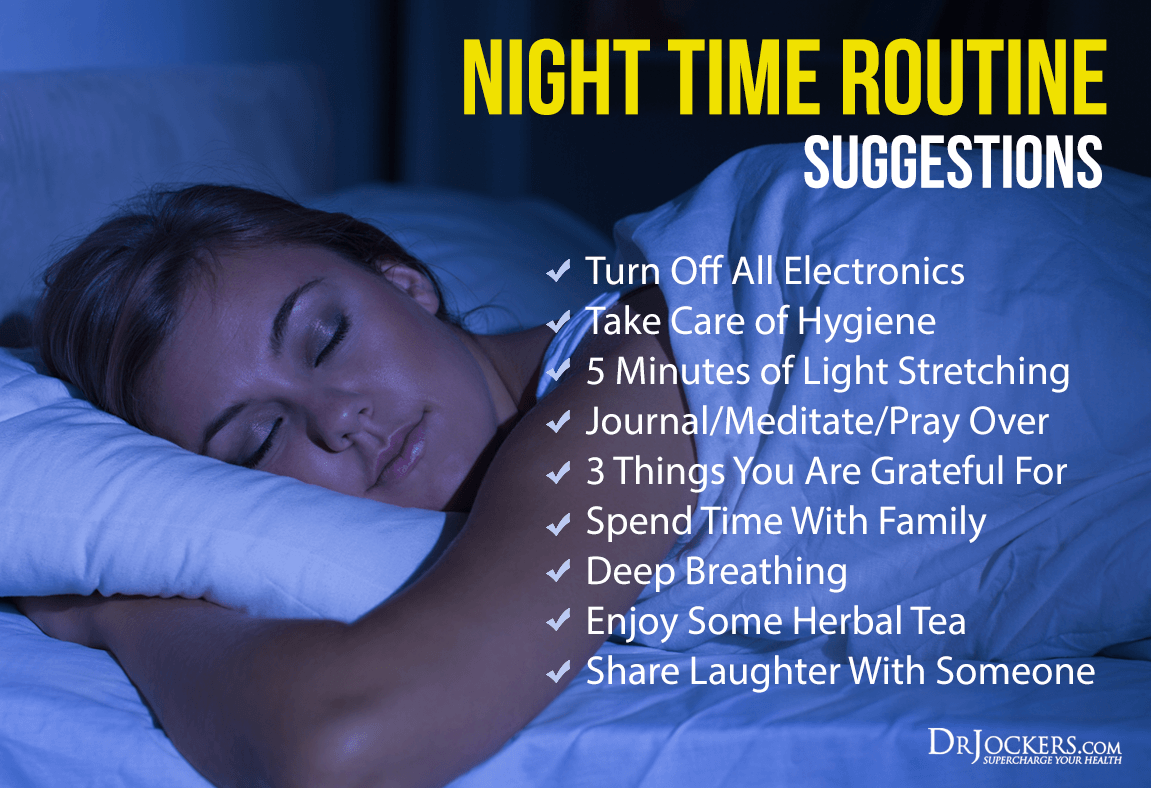

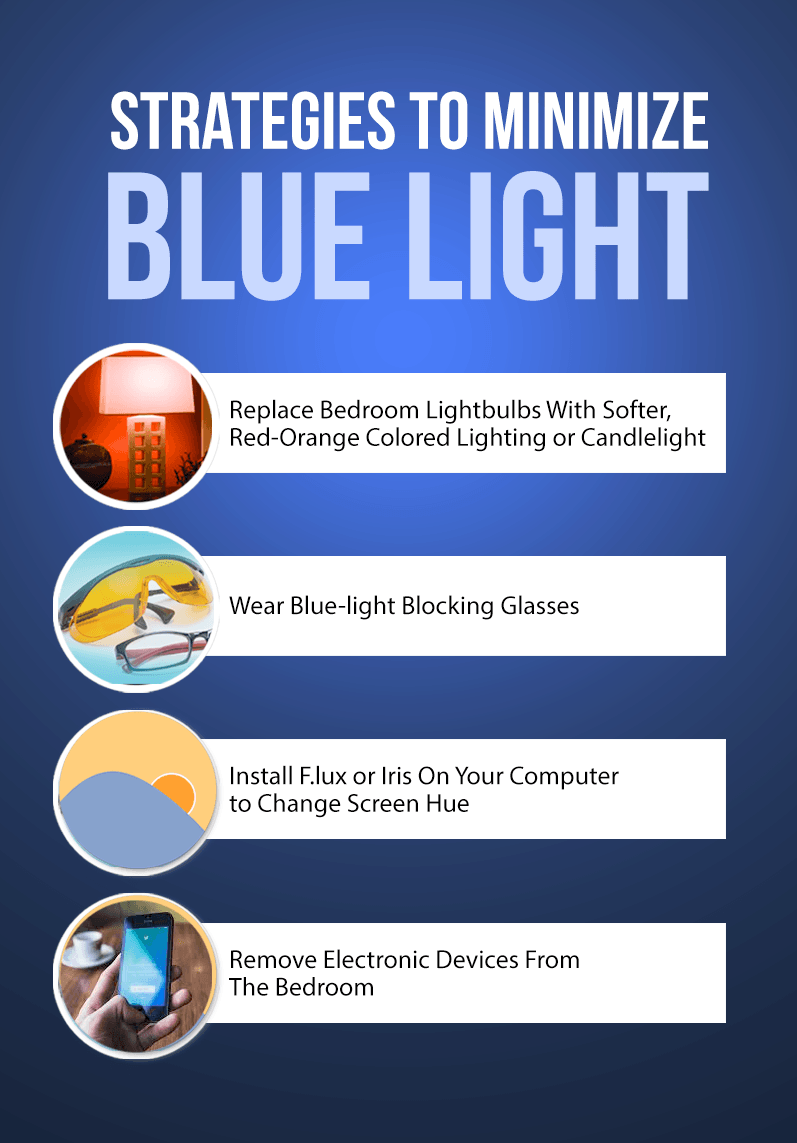






Supporting your adrenals by going barefoot and getting contact with the earth is a new one to me, but it strikes me as very interesting! You can bet I am going to research this some more.
Great Adrienne! Thanks for reading!